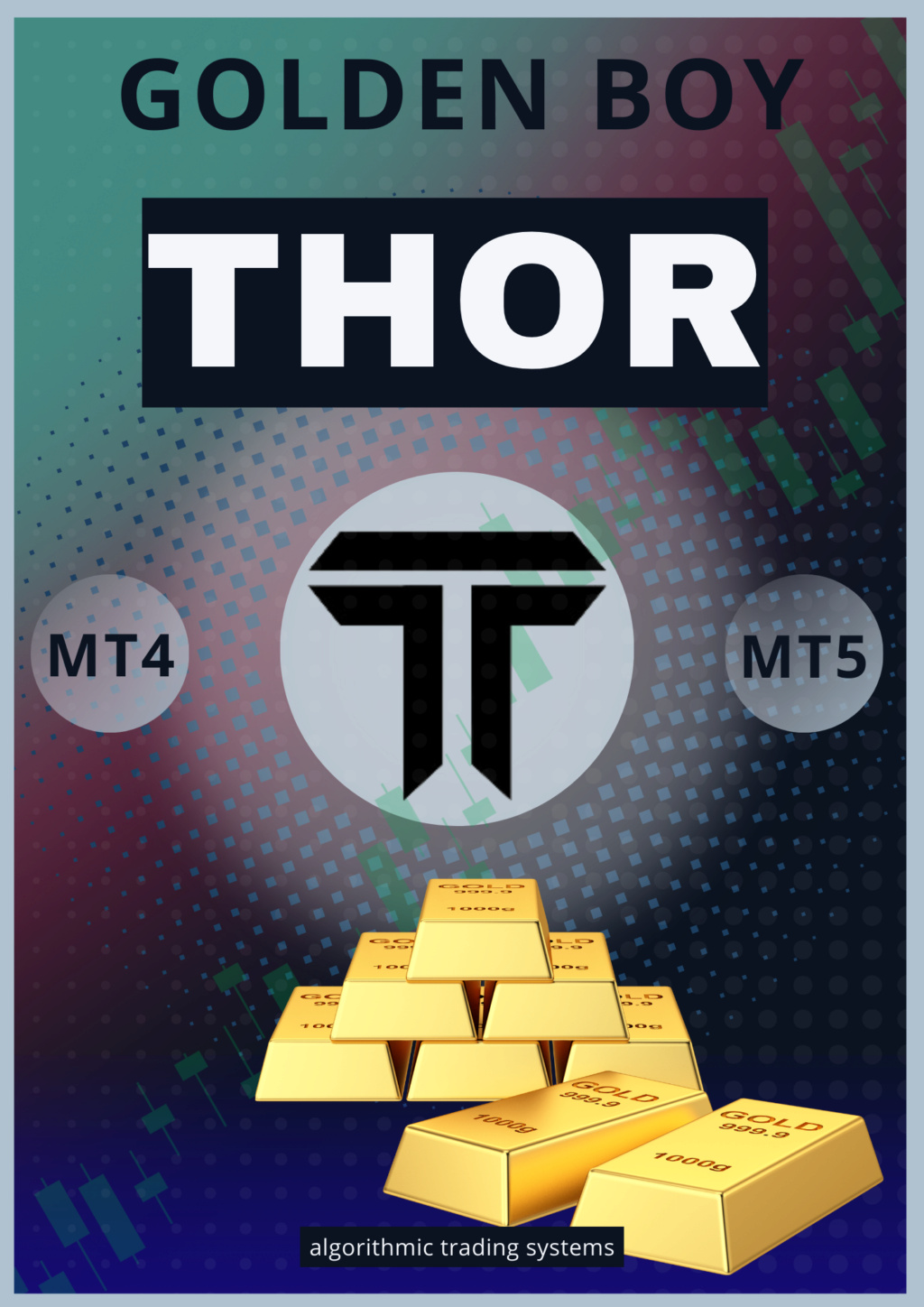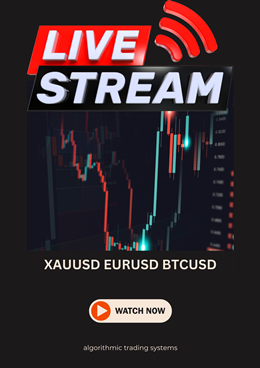If You Want To Become A Trader–Whether It Is A Swing Or Day Trader, Forex Or Stock Trader–You Have To Make The Choice On Which Trading Mindset You Will Adopt. Will You Be:
The Independent Trader – Someone Who May Learn From Others But Ultimately Comes Up With Their Own Methods For Trading And Takes Personal Responsibility For Their Own Success.
Or
The Dependent Trader – Someone Who Doesn’t Learn To Trade But Instead Relies On Signal Providers Or “Tips” To Try To Catch The Next Winner.
To Me Choosing Personal Responsibility Is A Much Bigger Issue Than Simply The Choices Made In Regards To Trading. Taking Personal Responsibility Means We Are Able To Exercise Discretion On The Choices Me Make And Can Therefore Have More Sway On Where Our Actions Eventually Take Us.
There Are Times It Is Better To Delegate A Responsibility To Someone Else; For Example, You May Give Your Tax Information To An Accountant For Them To Handle. This Person Knows What They Are Doing, And So For A Fee You Expect Them To Do The Job Better Than You Could. This Is A Low Risk And Responsible Choice. Giving Away Control Of Your Trading Capital Is Higher Risk And Therefore Should Be More Thoroughly Questioned.
Therefore, In This Article I Am Addressing Those People Who Actually Want To Trade, But Are Unsure Whether They Should Forgo Their Own Education In Exchange For Seeking Out A Signal Provider, Buying A Robot, Etc.
The Choice Is Between Getting The Education Yourself So You Eventually Exhibit A Certain Amount Of Control Over What Happens With Your Trading, Or Relying On Someone Else And Thus Losing That Control To A Large Extent. You Can Always Pull Your Money Out, Or Stop Using A Signal Provider (For Example), The Problem Is Most People Do This At The Wrong Time (See Footnote).
Which One Represents You? After Reading A Bit More About Each Trading Mindset, Ask Yourself Which Mindset You’d Prefer To Emulate.
Trading Mindset – The Dependent Trader
The Dependent Trader Is Looking For The Easy Way. She Wants To Make A Quick Buck, Or Strike It Rich — But Never Wants To Put Significant Effort Into The Process Of Accomplishing Such Things. To Be Blunt, This Is The World Of Dreamers. Those Who Want Lots But Instead Of Trying To Build Something, They Buy Lottery Tickets, Gamble And Buy The Odd Stock Which Is Supposed To Explode Higher Based On A Tip. In Exchange For A Big Pay Day, Which Is Unlikely To Occur, This Person Risks Small (Or Large) Chunks Of Money Which Could Have Been Better Spent On Educating Themselves.
Dependent Traders Follow The Crowd (Which Is Often Irrational And Makes Poor Decisions On The Whole, See Why Most Traders Lose And The Market Requires It), Trade Based On “Hot Tips,” Seek Out Automated ‘Millionaire-Making’ Trading Programs, Listen To All The News Experts And Blindly Place Trades, All With No Plan, No Thought And No Understanding Of What They’re Doing Or Why.
Naturally Dependent Traders Become Frustrated With Their Losses And Do The Only Thing They Can Think To Do: Blame Other People, Their Broker, Or Market Manipulation For Their Failure.
This Inability To Accept Responsibility For Their Decisions, And Blaming Others, Means The Pattern Will Continue To Repeat And Any Success Is Likely To Be Short-Lived, If Ever Present At All. Until This Behavioral Pattern Is Consciously Broken, It Will Continue To Play Out.
Dependent Traders Exert Little Control Over Their Potential Trading Success. They Are Relying On Luck, Not Personal Work.
Trading Mindset – The Independent Trader
On The Other End Of The Spectrum Is The Independent Trader. This Trader Wants To Have Control Over Their Financial Future And Has Learnt (Or Will Learn) How The Markets Work, Which Approaches To Trading Work, And How To Empower Themselves To Trade Without Relying On Others For Tips.
An Independent Trader Understands And Believes That Only They Can Maximize Their Odds For Success, And Only They Can Achieve Their Financial And Life Goals. They Will Seek Out And Learn From Others Who Have Had Success, Educate Themselves And Learn From Their Own (And Other’s) Failures. Notice The Change In Mindset? It Takes Time To Learn To Trade, But The Independent Trader Is Willing To Learn From Others So She Can Eventually Exercise Control Over Her Own Decisions. She Doesn’t Rely On Someone Else To Make Decisions Or Make Her Successful Though; Success Is A Person Choice And Endeavor.
When We Learn Something New There Is A Certain Amount Of Trust Involved. But Where The Dependent Trader Blindly Accepts, The Independent Trader Will Test It Out And Put In Some Work So They Understand How It Works.
The Person On Track To Becoming Independent May Utilize A Mentor Or Lean On A Reliable Education Source At The Outset, But As Their Knowledge Grows The Independent Trader Will Begin To Apply What They’ve Learned Completely On Their Own. The Dependent Trader Never Will.
Four Steps To Becoming An Independent Trader & Resources
1. Seek Out Information. Read All You Can And Test Out The Ideas You Like In A Simulation Account. Ask Questions, But Realize It Is Impossible To Get All The Information You Need From One Article Or One Forum. You Will Need To Piece Together Bits Of Information. If You Can Find A Mentor, This Will Likely Accelerate Your Progress.
2. With A Bit Of Knowledge, You Can Now Start To Decide How You Want To Trade. Which Market? Day Trader, Swing Trader Or Longer-Term? The Capital You Have To Work With Will Play A Role In These Decisions, As Will Your Personality. After Making These Types Of Choices You Can Start Work On Your Basic Trading Plan.
3. Start To Apply Your Trading Plan To The Markets. Ideally This Should Be In A Simulation Account At First So That You Know You Can Actually Implement The Plan. It Will Also Give You Time To Practice Seeing All Your Entries And Exits In Real-Time. Practicing The Details Of Your Trading Plan Over And Over Again In Different Conditions Will Help Build A Type Of “Muscle Memory For Trading.”
Once You Are Consistent For A Couple Months Implementing Your Trading Plan On Simulation You Can Switch To A Live Market. If You’re Not Consistent, Isolate The Problems (Is It You Failing To Implement What You Are Supposed To, Or Are There Issues With The Trading Plan?). Continue The Process Of Revision And Testing Until You Are Consistent And Then Make The Transition To Live Trading, Preferably With A Small Account At First, Trading The Smallest Positions Possible. Then As Consistency Improves You Can Increase Your Account Size And Take Larger Positions–I Never Risk More Than 1% Of My Capital On A Single Trade. When You Switch To Live Trading, Expect Some Troubles; There Is More Stress Involved With Real Money Which Will Require An Adjustment Period.
4. Continue To Refine Your Process In Off-Trading Hours. While Trading Your Only Goal Is To Implement The Trading Plan You Have Right Now– Only Taking The Trades, Position Size And Exits You Are Supposed To.
These Steps Require A Time And Money Investment. Consider Them Your Trading Education Costs. Just Like Starting A Business Costs You Something, Trading Should Also Be Thought Of As A Business.
For More In-Depth Study Check Out The Forex Trading Strategies Guide For Day And Swing Traders EBook, Which Will Introduce You To The Concepts Of Successfully Trading The Forex Market (Upon Reading The Book You Will Still Need To Work And Practice Implementing The Techniques).
The Independent Trader – Someone Who May Learn From Others But Ultimately Comes Up With Their Own Methods For Trading And Takes Personal Responsibility For Their Own Success.
Or
The Dependent Trader – Someone Who Doesn’t Learn To Trade But Instead Relies On Signal Providers Or “Tips” To Try To Catch The Next Winner.
To Me Choosing Personal Responsibility Is A Much Bigger Issue Than Simply The Choices Made In Regards To Trading. Taking Personal Responsibility Means We Are Able To Exercise Discretion On The Choices Me Make And Can Therefore Have More Sway On Where Our Actions Eventually Take Us.
There Are Times It Is Better To Delegate A Responsibility To Someone Else; For Example, You May Give Your Tax Information To An Accountant For Them To Handle. This Person Knows What They Are Doing, And So For A Fee You Expect Them To Do The Job Better Than You Could. This Is A Low Risk And Responsible Choice. Giving Away Control Of Your Trading Capital Is Higher Risk And Therefore Should Be More Thoroughly Questioned.
Therefore, In This Article I Am Addressing Those People Who Actually Want To Trade, But Are Unsure Whether They Should Forgo Their Own Education In Exchange For Seeking Out A Signal Provider, Buying A Robot, Etc.
The Choice Is Between Getting The Education Yourself So You Eventually Exhibit A Certain Amount Of Control Over What Happens With Your Trading, Or Relying On Someone Else And Thus Losing That Control To A Large Extent. You Can Always Pull Your Money Out, Or Stop Using A Signal Provider (For Example), The Problem Is Most People Do This At The Wrong Time (See Footnote).
Which One Represents You? After Reading A Bit More About Each Trading Mindset, Ask Yourself Which Mindset You’d Prefer To Emulate.
Trading Mindset – The Dependent Trader
The Dependent Trader Is Looking For The Easy Way. She Wants To Make A Quick Buck, Or Strike It Rich — But Never Wants To Put Significant Effort Into The Process Of Accomplishing Such Things. To Be Blunt, This Is The World Of Dreamers. Those Who Want Lots But Instead Of Trying To Build Something, They Buy Lottery Tickets, Gamble And Buy The Odd Stock Which Is Supposed To Explode Higher Based On A Tip. In Exchange For A Big Pay Day, Which Is Unlikely To Occur, This Person Risks Small (Or Large) Chunks Of Money Which Could Have Been Better Spent On Educating Themselves.
Dependent Traders Follow The Crowd (Which Is Often Irrational And Makes Poor Decisions On The Whole, See Why Most Traders Lose And The Market Requires It), Trade Based On “Hot Tips,” Seek Out Automated ‘Millionaire-Making’ Trading Programs, Listen To All The News Experts And Blindly Place Trades, All With No Plan, No Thought And No Understanding Of What They’re Doing Or Why.
Naturally Dependent Traders Become Frustrated With Their Losses And Do The Only Thing They Can Think To Do: Blame Other People, Their Broker, Or Market Manipulation For Their Failure.
This Inability To Accept Responsibility For Their Decisions, And Blaming Others, Means The Pattern Will Continue To Repeat And Any Success Is Likely To Be Short-Lived, If Ever Present At All. Until This Behavioral Pattern Is Consciously Broken, It Will Continue To Play Out.
Dependent Traders Exert Little Control Over Their Potential Trading Success. They Are Relying On Luck, Not Personal Work.
Trading Mindset – The Independent Trader
On The Other End Of The Spectrum Is The Independent Trader. This Trader Wants To Have Control Over Their Financial Future And Has Learnt (Or Will Learn) How The Markets Work, Which Approaches To Trading Work, And How To Empower Themselves To Trade Without Relying On Others For Tips.
An Independent Trader Understands And Believes That Only They Can Maximize Their Odds For Success, And Only They Can Achieve Their Financial And Life Goals. They Will Seek Out And Learn From Others Who Have Had Success, Educate Themselves And Learn From Their Own (And Other’s) Failures. Notice The Change In Mindset? It Takes Time To Learn To Trade, But The Independent Trader Is Willing To Learn From Others So She Can Eventually Exercise Control Over Her Own Decisions. She Doesn’t Rely On Someone Else To Make Decisions Or Make Her Successful Though; Success Is A Person Choice And Endeavor.
When We Learn Something New There Is A Certain Amount Of Trust Involved. But Where The Dependent Trader Blindly Accepts, The Independent Trader Will Test It Out And Put In Some Work So They Understand How It Works.
The Person On Track To Becoming Independent May Utilize A Mentor Or Lean On A Reliable Education Source At The Outset, But As Their Knowledge Grows The Independent Trader Will Begin To Apply What They’ve Learned Completely On Their Own. The Dependent Trader Never Will.
Four Steps To Becoming An Independent Trader & Resources
1. Seek Out Information. Read All You Can And Test Out The Ideas You Like In A Simulation Account. Ask Questions, But Realize It Is Impossible To Get All The Information You Need From One Article Or One Forum. You Will Need To Piece Together Bits Of Information. If You Can Find A Mentor, This Will Likely Accelerate Your Progress.
2. With A Bit Of Knowledge, You Can Now Start To Decide How You Want To Trade. Which Market? Day Trader, Swing Trader Or Longer-Term? The Capital You Have To Work With Will Play A Role In These Decisions, As Will Your Personality. After Making These Types Of Choices You Can Start Work On Your Basic Trading Plan.
3. Start To Apply Your Trading Plan To The Markets. Ideally This Should Be In A Simulation Account At First So That You Know You Can Actually Implement The Plan. It Will Also Give You Time To Practice Seeing All Your Entries And Exits In Real-Time. Practicing The Details Of Your Trading Plan Over And Over Again In Different Conditions Will Help Build A Type Of “Muscle Memory For Trading.”
Once You Are Consistent For A Couple Months Implementing Your Trading Plan On Simulation You Can Switch To A Live Market. If You’re Not Consistent, Isolate The Problems (Is It You Failing To Implement What You Are Supposed To, Or Are There Issues With The Trading Plan?). Continue The Process Of Revision And Testing Until You Are Consistent And Then Make The Transition To Live Trading, Preferably With A Small Account At First, Trading The Smallest Positions Possible. Then As Consistency Improves You Can Increase Your Account Size And Take Larger Positions–I Never Risk More Than 1% Of My Capital On A Single Trade. When You Switch To Live Trading, Expect Some Troubles; There Is More Stress Involved With Real Money Which Will Require An Adjustment Period.
4. Continue To Refine Your Process In Off-Trading Hours. While Trading Your Only Goal Is To Implement The Trading Plan You Have Right Now– Only Taking The Trades, Position Size And Exits You Are Supposed To.
These Steps Require A Time And Money Investment. Consider Them Your Trading Education Costs. Just Like Starting A Business Costs You Something, Trading Should Also Be Thought Of As A Business.
For More In-Depth Study Check Out The Forex Trading Strategies Guide For Day And Swing Traders EBook, Which Will Introduce You To The Concepts Of Successfully Trading The Forex Market (Upon Reading The Book You Will Still Need To Work And Practice Implementing The Techniques).

 Events
Events Blog
Blog




